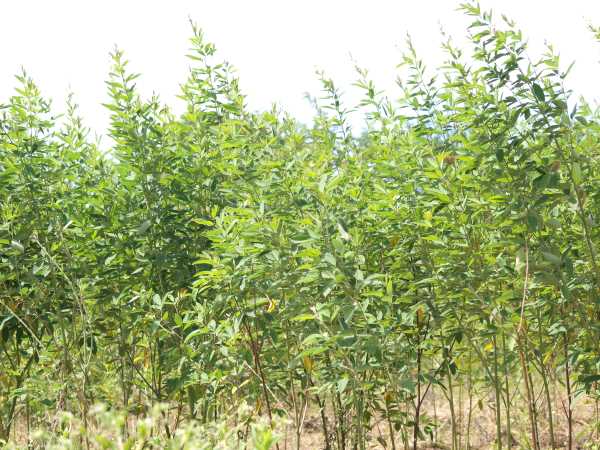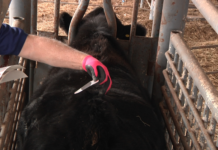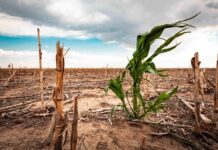Gene editing is making it easier for researchers to help local plants varieties adapt to changes in the local environments and provide better nutrition.
This presents a useful advantage, particularly to developing countries such those as in Africa, as it avails an opportunity to tweak indigenous varieties so they can continue to contribute to the food supply.
“We can easily adapt gene editing technology for most of the crops we have,” said Ghanaian scientist Samuel Acheampong. “One interesting thing about gene editing is that the scientist can decide what changes to make. You can target whichever part of the genome that you are interested in making the change.”
Acheampong is using gene editing to develop a high-yielding sweet potato with increased beta carotene content.
Gene editing, or genome editing, is a technique that facilitates programmable and highly accurate modifications to the genomes of organisms. These changes may involve deleting, silencing or inserting desired genes. Gene editing technologies, particularly CRISPR-Cas9, allow researchers to alter genomes with greater precision than ever before.
“The most progressive step in breeding is techniques that enable a targeted intervention in the genome with or without the integration of a transgene,” notes a study published in the journal Frontiers. “The genome editing techniques comprise a set of methods developed in the recent years to precisely modify genomes of organisms.”
In addition, genome editing is relatively inexpensive, compared to other breeding technologies.
“The technology is cheaper, as compared to previous technologies. The cost involved makes it more adaptable to our local settings. With gene editing, you don’t require sophisticated infrastructure and equipment. This combination of factors makes gene editing quite attractive to developing countries,” said Acheampong.
In most African countries, colonial powers introduced exotic crops and livestock from their native countries with the aim of improving yields and also to take advantage of certain desirable traits. Many of the local livestock breeds and plant varieties were relegated as inferior.
With gene editing, native species can be enhanced to adapt to changes in local environments. This presents an opportunity to groom local or even exotic crops for the climatic and environmental conditions that apply to specific locales while maintaining optimal production. For instance, Ghana relies on imports of apples to cater to local demand.
“Apples do not grow in Ghana, so we import them – mostly from South Africa. If we can make some changes in the apple so that it would grow in Ghana that would be great!” Acheampong said.
Despite its immense potential to improve agriculture in Africa, gene editing is, however, still at the research stage in the continent, says Acheampong.
He cites a number of the potential areas where gene editing has been tapped to improve agricultural production in Africa.
“One of the areas is nutrition enhancement in crops,” he said. “For example, in Ghana, many of our staple food crops are starch. For most of our cassava and sweet potato varieties, the vitamin content is low. We can use gene editing to increase the nutrient content, for instance, vitamin A, which is very important especially to children and pregnant women. We can also enhance iron. Iron deficiency anemia is very high in Ghana. We can use gene editing to increase iron content in our staple food crops. Gene editing can also be used to increase yields. For most of our food varieties, the yields are low. The potential is vast.”
He adds that gene editing can also be used to increase amino acids, starch content and fatty acids.
Across Africa, various scientists are using gene editing to improve crops for increased productivity, enhanced nutrition and climate resilience. Some of the projects include gene editing cassava to provide resistance to pests and diseases, building resistance in the sorghum plant against the parasitic striga weed, a research project in Egypt to produce drought-tolerant wheat and an investigation on the role of ANP32 proteins in the replication of Avian influenza virus, which affects poultry, being conducted in Nigeria.









